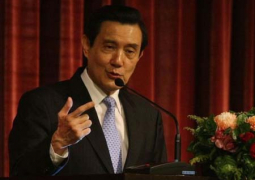Findings by a new study on gender analysis of political party manifestos, women’s political empowerment, participation and representation in decision making processes commissioned by the African Centre for Democracy and Human Rights Studies (ACDHRS), with support from partners, has indicated a low participation and representation of women in the governance process in The Gambia.
Validated at the Paradise Suites hotel on Tuesday, the study among other things revealed that despite changes in the political landscape of the country, The Gambia retained a democratic tradition, holding universal adult suffrage elections every five year except for the period of military takeover (1994-1996).
“In all periods, women’s participation is limited with only a slight improvement in the second Republic as women’s participation in the National Assembly is still only 7.55% compared to 92.45% for men,” the study showed.
This, the study added, is in spite of governments’ and its partner’s commitment to women’s increased participation.
The study forms part of the ‘Promoting Gender Equality through Participation and Representation of Women in National Governance and Development in The Gambia’, which is geared towards the fulfillment of Article 9 of the Protocol to the African Charter on Human ad Peoples Rights on the Rights of Women in
The study also revealed that changes in the Constitution means that women can be appointed ministers without standing for elections, a move that has resulted in the attainment of the 33% target at this level.
On women’s participation in Local Government elections, the study said out of 28 female candidates who stood for elections in 2007, 15 (57%) of them were elected. The increased participation of women in the Local Government elections notwithstanding, this represents only 13.44% female representation as compared to 86.55% males.
“Even though male councilors greatly outnumber that of females, this is a marked improvement on previous years when there were practically no women in Local Government administration,” the study further revealed.
Read Other Articles In Article (Archive)




